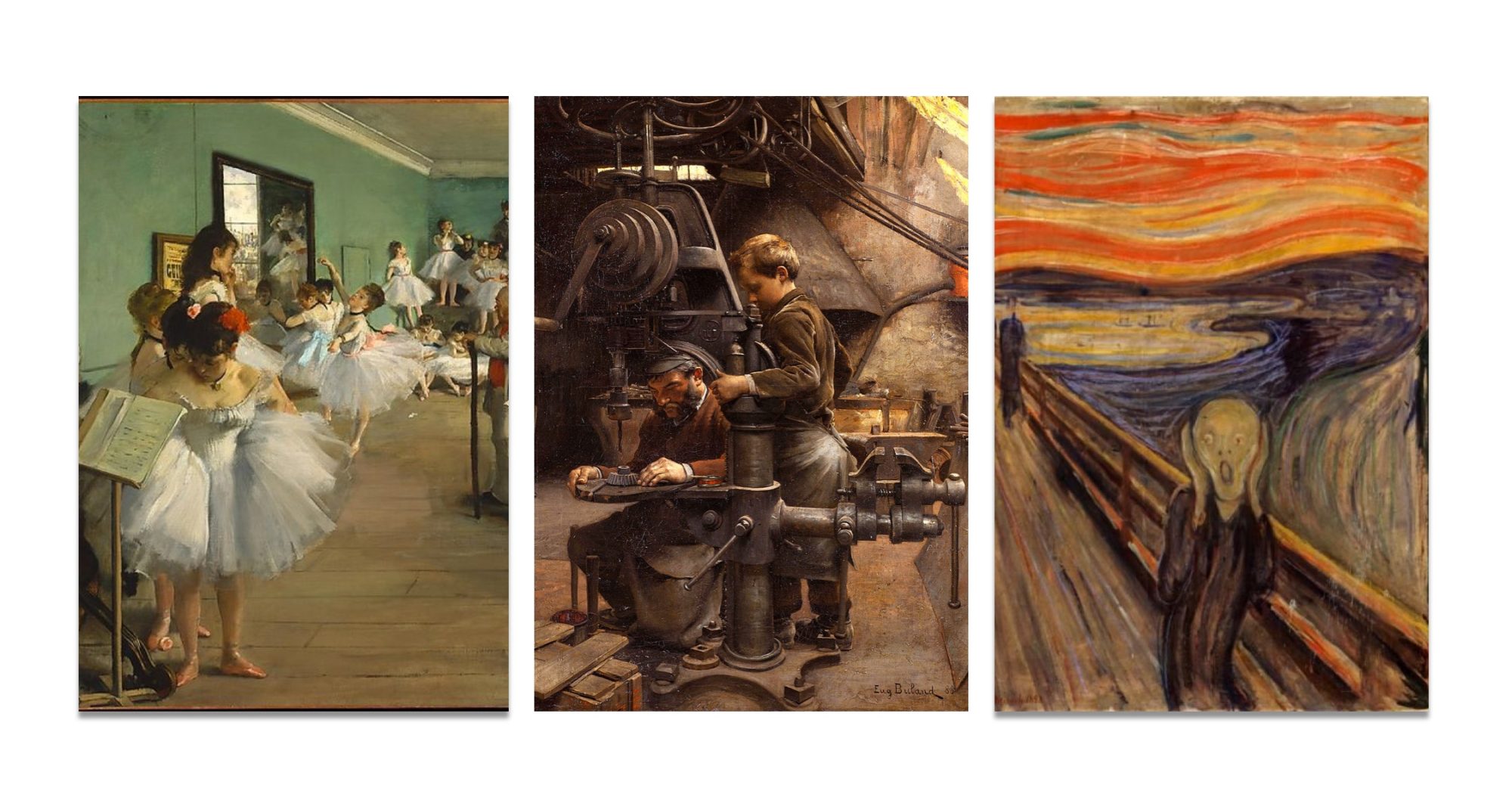In Oscar Wilde’s poem The Harlot’s House he uses mechanical imagery to dehumanize fallen women. This poem is one man’s view of prostitution. The speaker of this poem is a man with his female lover passing a brothel on the street. While the man shows distain for the occupation, atmosphere and participating women, his lover leaves his side and enters the harlot house. There it is insinuated that she loses her innocence by becoming a prostitute herself, a fallen women. Looking into the text, Wilde uses imagery to convey the prostitutes as machines, non-living things and as imitating life. This can be seen simply in the word “automatons” he uses in the fifth stanza of the poem. An automaton is a “moving device having a concealed mechanism, so it appears to operate spontaneously.” Historically these automatons were “originally denoting various functional instruments including clocks, watches as well as moving mechanical devices made in imitation of human beings (Oxford English Dictionary).” The context in which this word “automaton” is used is to depict the harlot dancers as “wire-pulled” robots. Likewise, in other places in the text Wilde describes these women as “clockwork puppets”, “the dead”,
“marionettes” and objects that behaved like “live things.” What Wilde is doing here is insinuating that once a woman has fallen, she becomes a flat and hollow thing, a person no longer but a mere thing. On first glance is appears that Wilde is casting judgment on these unfortunate women, calling them dead, unresponsive and mechanic things. However, how does a piece of machinery come to be? It is manmade. Machines cannot make themselves; they must have an engineer or manufacturer. Though Wilde is dehumanizing these fallen women, he is also recognizing their victimization. He is insinuating that though their profession is soiled, they were shaped into prostitutes by the men who paid for their services.
Katie Anthony. 10/14/12
Oxford English Dictionary. Automaton, n. www.OED.com. (Oxford University Press: England) Date Accessed: October 14, 2012.
